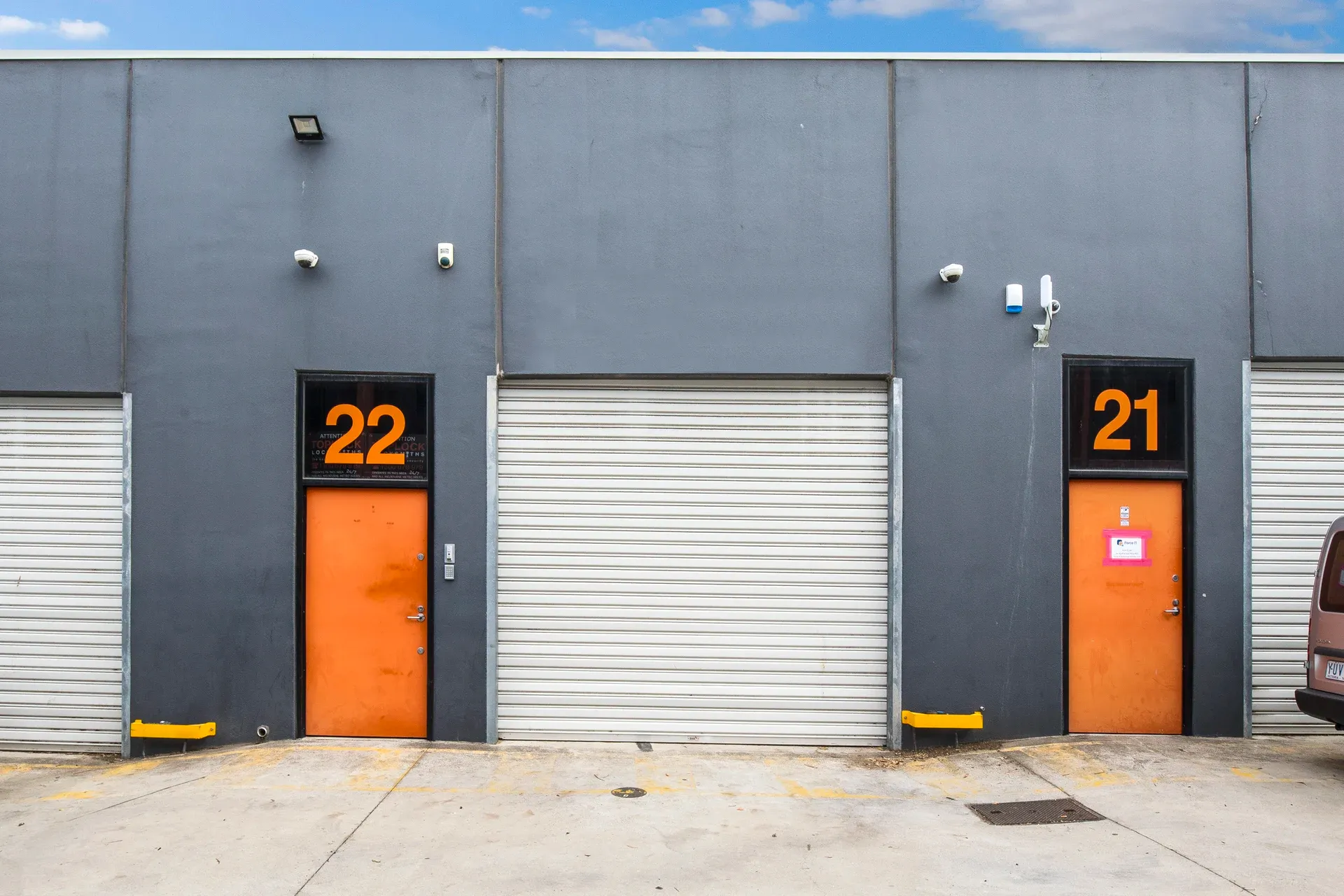- Afrikaans
- Albanian
- Amharic
- Arabic
- Armenian
- Azerbaijani
- Basque
- Belarusian
- Bengali
- Bosnian
- Bulgarian
- Catalan
- Cebuano
- Corsican
- Croatian
- Czech
- Danish
- Dutch
- English
- Esperanto
- Estonian
- Finnish
- French
- Frisian
- Galician
- Georgian
- German
- Greek
- Gujarati
- Haitian Creole
- hausa
- hawaiian
- Hebrew
- Hindi
- Miao
- Hungarian
- Icelandic
- igbo
- Indonesian
- irish
- Italian
- Japanese
- Javanese
- Kannada
- kazakh
- Khmer
- Rwandese
- Korean
- Kurdish
- Kyrgyz
- Lao
- Latin
- Latvian
- Lithuanian
- Luxembourgish
- Macedonian
- Malgashi
- Malay
- Malayalam
- Maltese
- Maori
- Marathi
- Mongolian
- Myanmar
- Nepali
- Norwegian
- Norwegian
- Occitan
- Pashto
- Persian
- Polish
- Portuguese
- Punjabi
- Romanian
- Russian
- Samoan
- Scottish Gaelic
- Serbian
- Sesotho
- Shona
- Sindhi
- Sinhala
- Slovak
- Slovenian
- Somali
- Spanish
- Sundanese
- Swahili
- Swedish
- Tagalog
- Tajik
- Tamil
- Tatar
- Telugu
- Thai
- Turkish
- Turkmen
- Ukrainian
- Urdu
- Uighur
- Uzbek
- Vietnamese
- Welsh
- Bantu
- Yiddish
- Yoruba
- Zulu
Sep . 26, 2024 02:26 Back to list
Structural Steel Fabrication Shop Layout Optimizing Efficiency and Safety
The layout of a structural steel fabrication shop is crucial for maximizing efficiency, safety, and productivity. A well-designed workspace helps streamline production processes, reduces the risks of accidents, and enhances the overall workflow. In this article, we will explore the key elements and considerations in designing an effective fabrication shop layout.
Understanding the Components
A typical structural steel fabrication shop includes various components such as cutting, welding, painting, and assembly areas
. Each of these functions requires specific equipment, space, and safety considerations. The layout must facilitate seamless movement between these areas while minimizing downtime and material handling.1. Material Flow The flow of materials is one of the most critical aspects of shop layout design. Incoming raw materials should be positioned near the cutting area. Once cut, the steel sections should move efficiently to the welding area. Finally, completed assemblies should be directed toward the shipping area without backtracking through the shop. A linear flow minimizes clutter and reduces the likelihood of accidents.
2. Zoning Dividing the shop into distinct zones for various operations can improve organization and safety. Designate specific areas for cutting, welding, drilling, and inspection. Clearly marked zones prevent cross-contamination of materials and ensure that workers are aware of their surroundings, which is vital for maintaining a safe working environment.
structural steel fabrication shop layout

3. Equipment Placement The arrangement of machinery affects both operational efficiency and safety. Heavy equipment, such as plasma cutters and welders, should be placed in areas with adequate support infrastructure. Additionally, consider including mobile workstations that can be moved as needed to accommodate various projects. Ensure that pathways around equipment are wide enough for safe maneuverability, especially when transporting materials.
4. Safety Considerations Safety should be paramount in any shop layout. Incorporate features such as fire extinguishers, first aid stations, and clear emergency exits. Adequate ventilation is essential in welding and painting areas to mitigate exposure to hazardous fumes and particles. Signage indicating safety protocols and procedures should be prominently displayed throughout the facility.
5. Space for Growth As demand for structural steel fabrication grows, the shop layout should allow for future expansion. Plan for potential reconfiguration of workstations and the addition of new equipment. This flexibility can save time and resources down the line, ensuring the shop remains competitive.
Conclusion
An effective structural steel fabrication shop layout is a vital component in optimizing operations. By prioritizing efficient material flow, zoning, strategic equipment placement, safety, and foresight for growth, shop managers can create a workspace that enhances productivity while ensuring the well-being of workers. Investing time in thoughtful design will pay dividends in efficiency and safety, making the fabrication shop a cornerstone of successful structural steel projects.
-
Steel Frame Factory with Insulated Roof Panels
NewsAug.14,2025
-
Prefab Metal Building with Insulation Package Options
NewsAug.14,2025
-
Industrial Steel Sheds for Temporary Workshop Use
NewsAug.14,2025
-
Metal Workshops Featuring Corrugated Steel Roofs
NewsAug.14,2025
-
Modular Steel Frame Excellence: Our Pursuit of Perfection
NewsAug.14,2025
-
Metal Garage Kits Crafted with Customer Satisfaction at Heart
NewsAug.14,2025
Products categories
Our Latest News
We have a professional design team and an excellent production and construction team.












